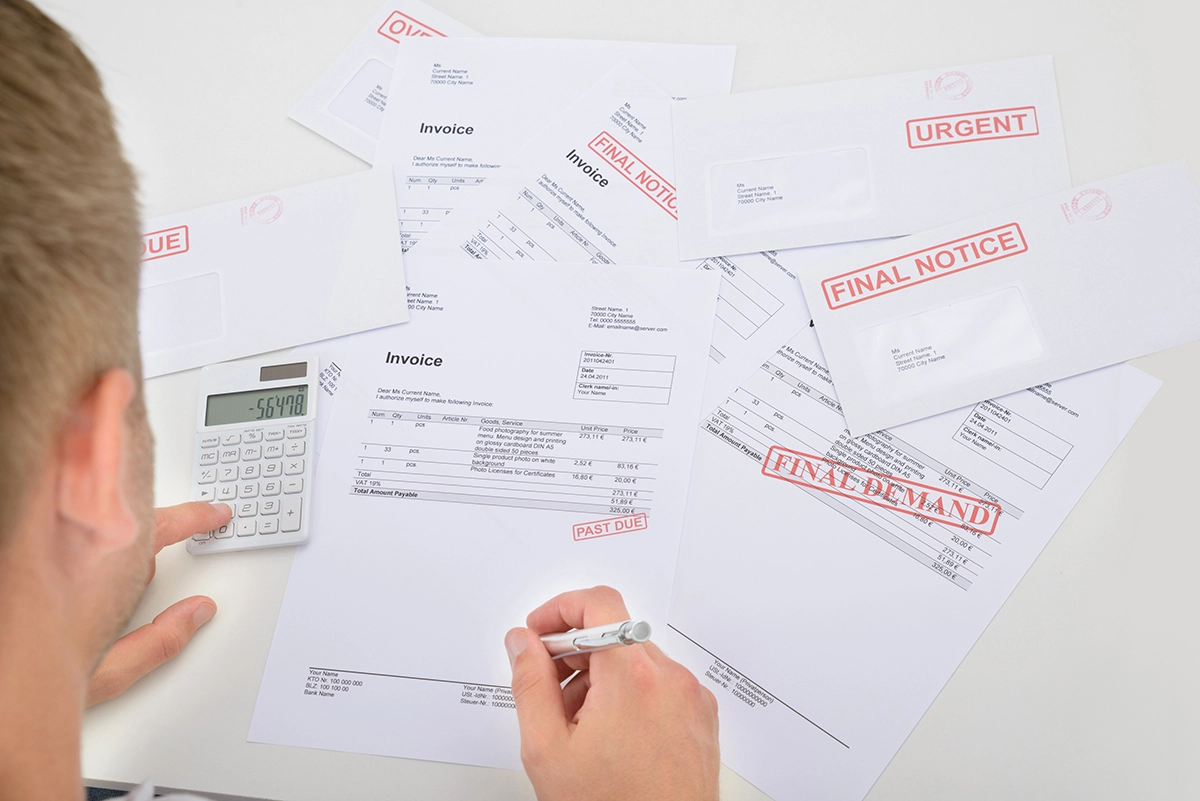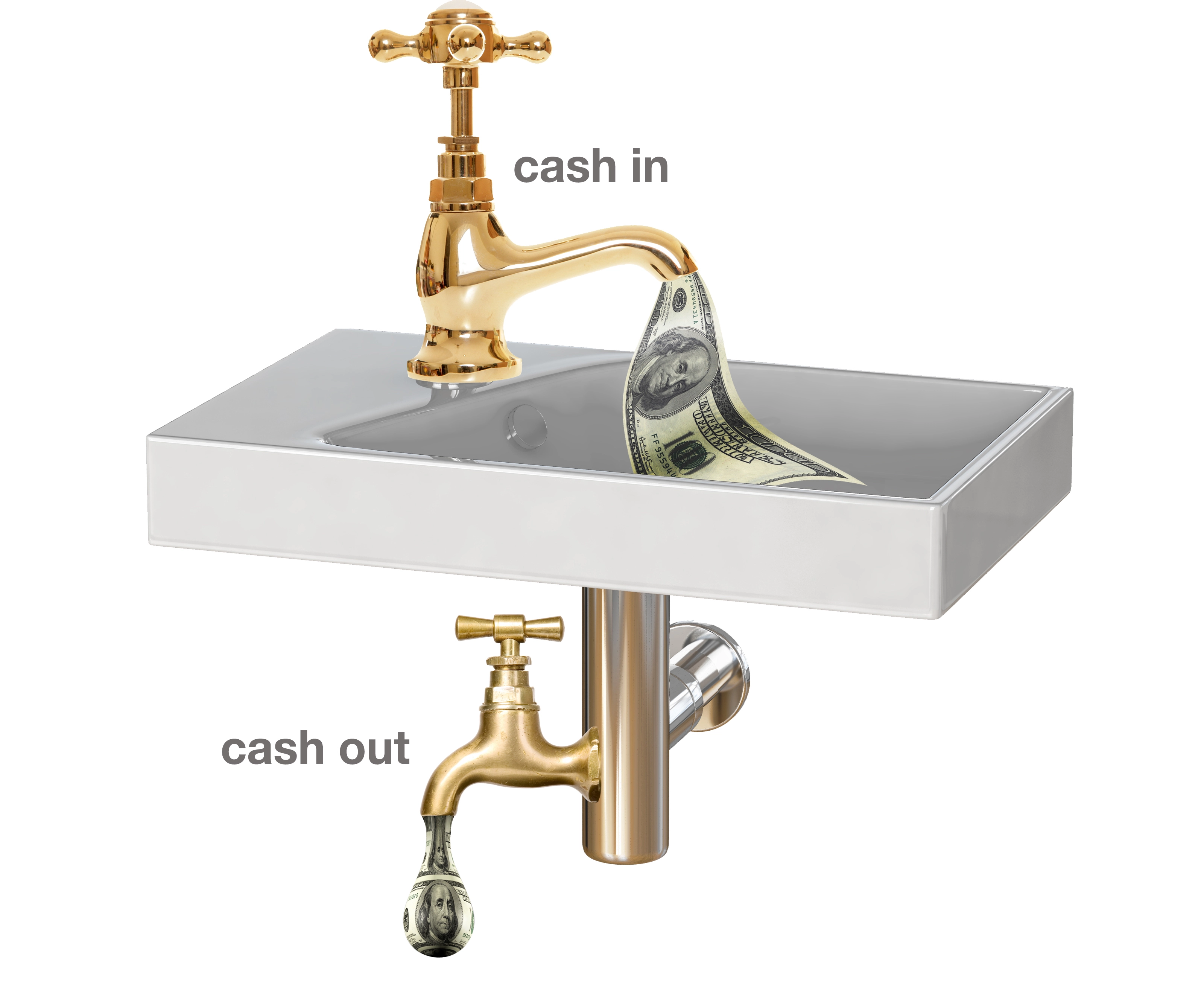Having enough cash to operate your business is critical for business survival — but how much cash is enough cash? It depends.
Here are the cash stories of three contractors:
Contractor No. 1 was a very profitable company and had been for more than 10 years. One week, three of his largest commercial customers filed bankruptcy. This left him with more than $1,000,000 of uncollectable receivables. He didn’t have the cash to survive these losses and went out of business too.
Even if the work was bonded, it takes months and sometimes years to collect from the bonding company. He needed the cash within 30 days. He had already paid for the equipment and the labor to perform the work. He was profitable but never saved cash. As a result, he didn’t have enough cash to continue operating the company with these receivable losses.
Contractor No. 2 had about $800,000 in cash savings. Everyone told him that he had too much money in the business. He didn’t think this was true and continued to keep that level of cash in the business. One day he was hit with a lawsuit. He ultimately won the lawsuit. It took three years and $700,000 in cash paid to the attorneys.
He had the peace of mind that he didn’t have to use operating cash to pay for the lawyers. He could also find the best legal representation (which is the most expensive legal representation) without having to worry where the money was coming from.
Contractor No. 3 saved all of the money the company received from maintenance agreement sales. He needed to buy five trucks. Instead of having to borrow money from the bank he was his own bank and paid the monthly payments back to the savings account.
Since the money in the savings account was earned (i.e., all the maintenance work that money represented was performed), the money was the company’s money. He could take some of it and purchase the vehicles rather than having to borrow money and pay interest.
How much cash savings are enough?
It actually depends on your level of risk tolerance. Some contractors have a line of credit at the bank and are comfortable with owing a bank. I’ve seen too many banks change lending practices and call loans, even for loans that are in compliance with the terms of the loan.
The bank’s options caused the contractors to have to find another source for the line of credit within 30 days. This is a stressful situation, especially if the loan is called in February.
Other contractors want to be their own line of credit. This means savings enough to cover overhead for six months, payroll for six months or both.
Two ways to build cash
Create two savings accounts. The first one is for operations savings and is in the bank where you have your operating checking account. Put 1 or 2 percent of every dollar that is received in this account. The remaining 98 or 99 percent is used for operations.
The savings are small; however, they build up quickly. Since this savings account is tied to your operations account, it’s easy to transfer the money every day or, at least, every Friday. Don’t wait more than a week.
The second savings account is for your maintenance plan money received. This account does not have to be tied to your operations account. And many companies put this account in a bank that is different than your operations account.
Payments, whether they are made yearly in advance or on monthly recurring billing, go into this account. If a customer pays for a maintenance plan along with payment for service, the amount for maintenance gets taken out of the operating account and put in the savings account.
For commercial maintenance, put 5 percent of the revenues received in this account.
Some companies have their monthly recurring billing payments from the credit card company go directly into this savings account rather than their operations account. This eliminates the need to do a transfer. It also easily separates the maintenance dollars from operations dollars received.
Save the amount of cash that is comfortable for you. Get in the habit of putting money in savings accounts. This is something your bookkeeper could easily do for you. Just track weekly or at a minimum when you review your monthly financial statements, to make sure the transfers have been made.
Cash will be needed one day if you get a surprise, unfortunately usually a nasty surprise. Make sure you have savings to cover the surprise.






